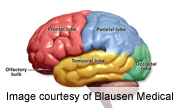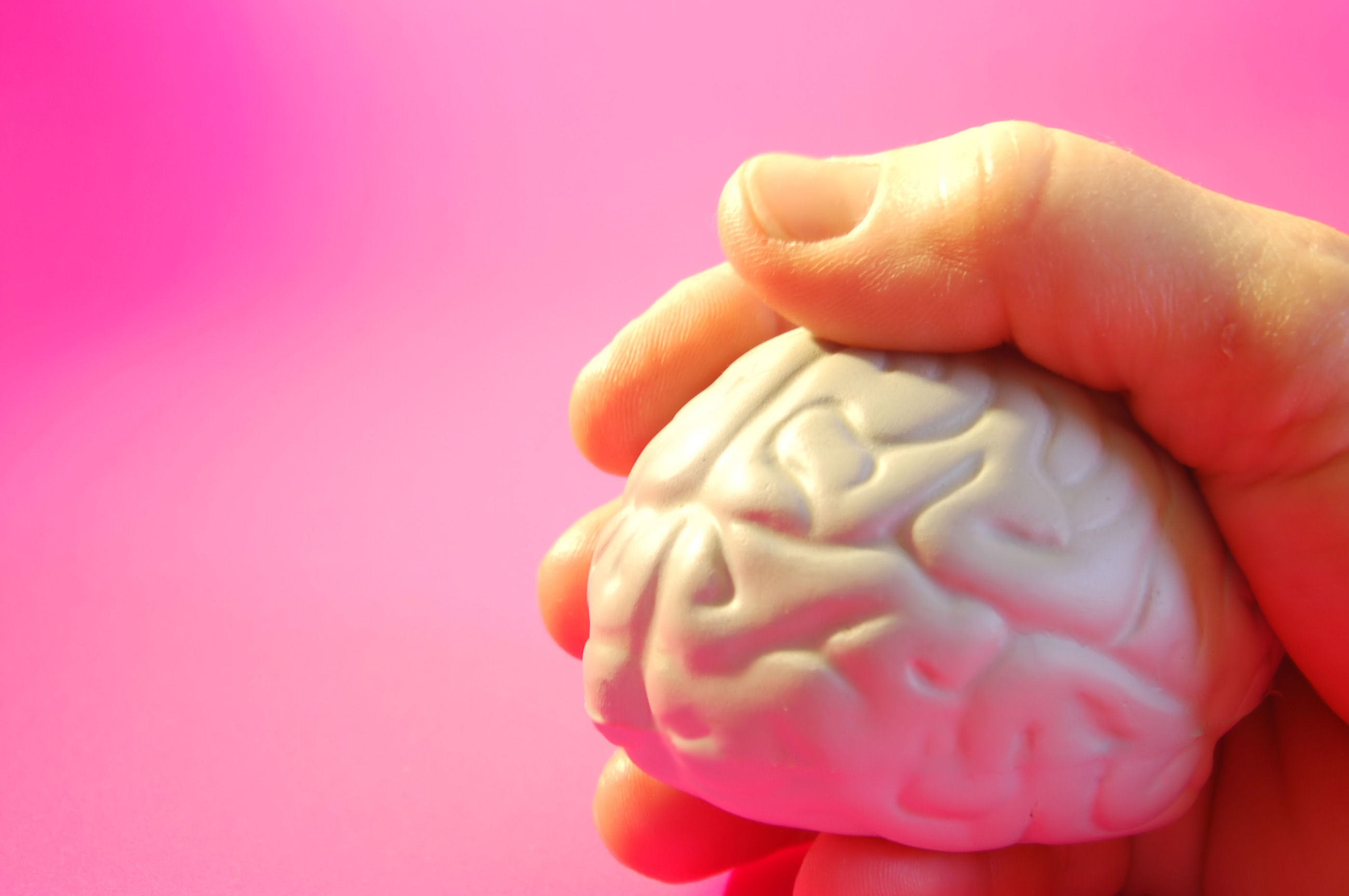
WEDNESDAY, Nov. 27, 2013 (HealthDay News) — A brain region that is involved in decision-making has been pinpointed by researchers.
Their experiments with rats led them to the lateral habenula, which is one of the smallest parts of the brain and is known to be linked to depression and avoidance behaviors.
“These findings clarify the brain processes involved in the important decisions that we make on a daily basis, from choosing between job offers to deciding which house or car to buy,” Stan Floresco, a professor in the department of psychology at the University of British Columbia, said in a university news release.
“It also suggests that the scientific community has misunderstood the true functioning of this mysterious, but important, region of the brain,” added Floresco, who is also with the university’s Brain Research Center.
The researchers trained lab rats to choose between receiving one food pellet on a regular basis or four food pellets less often. The rats tended to choose the four pellets when they didn’t have to wait too long to receive them, but chose the single pellet if it took too long to receive the four pellets.
When the researchers turned off the rats’ lateral habenula, the animals chose either food option at random. This showed they no longer had the ability to choose the best option, according to the study published Nov. 24 in the journal Nature Neuroscience.
The study authors suggested that their findings may prove important for treating people with depression.
“Deep brain stimulation — which is thought to inactivate the lateral habenula — has been reported to improve depressive symptoms in humans,” Floresco said. “But our findings suggest these improvements may not be because patients feel happier. They may simply no longer care as much about what is making them feel depressed,” he explained.
He also said that a better understanding of decision-making processes is crucial because impairments in these processes are associated with many mental health disorders, including depression, schizophrenia and substance abuse.
Experts note that results obtained in animal studies are not always replicated in humans.
More information
The American Academy of Family Physicians has more about depression.
Copyright © 2026 HealthDay. All rights reserved.

